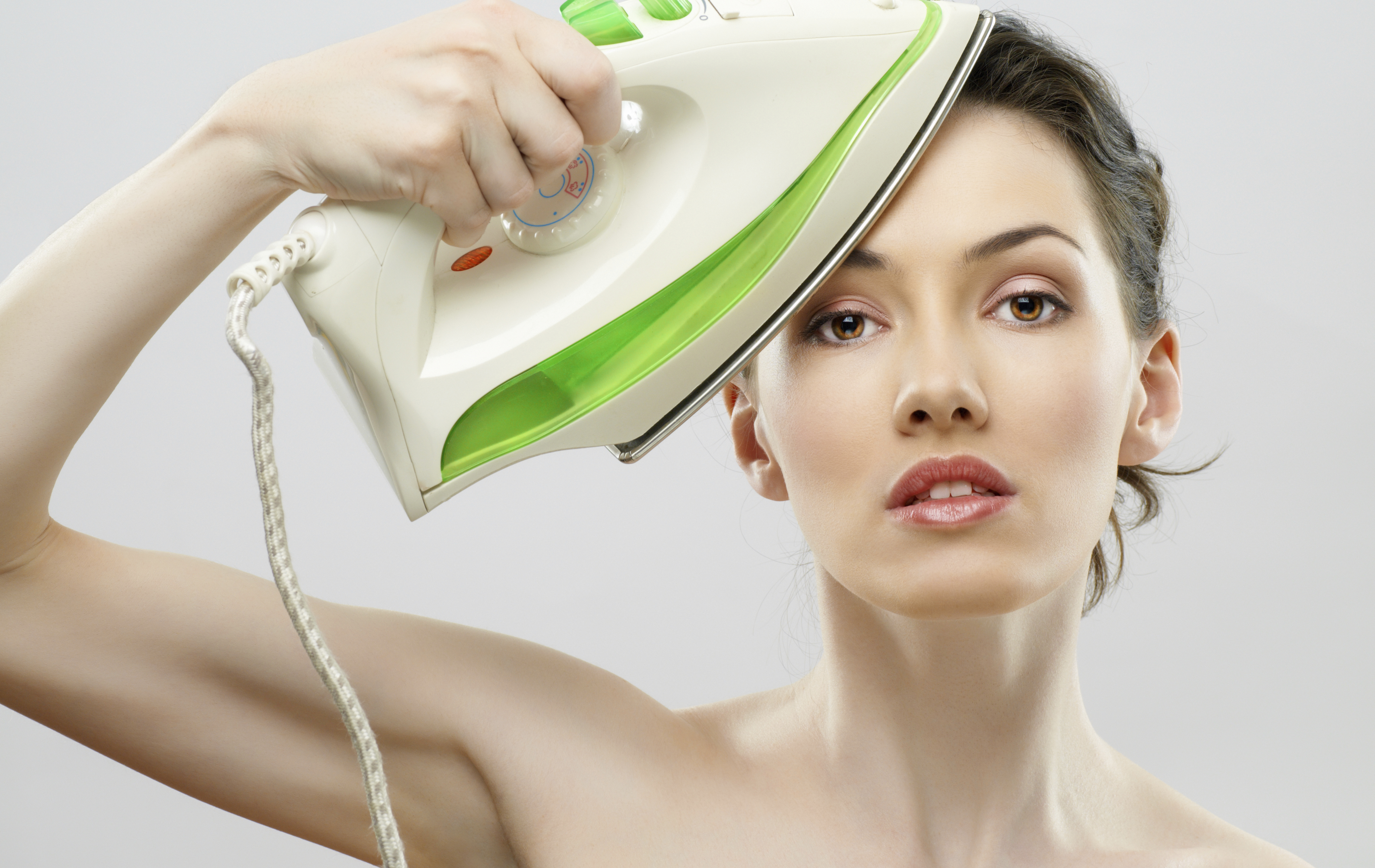Oral Thrush
-

Medically Reviewed by Greg Grillo, D.D.S.
- Overview
Overview
Oral thrush, also called pseudomembranous candidiasis, is the most common fungal infection in the mouth. It occurs most frequently among denture wearers, infants, and individuals with weakened immune systems.
Symptoms of Oral Thrush
Appearing as white lesions that closely resemble cottage cheese, oral thrush affects several areas of the mouth. The condition most commonly populates the tongue, inner cheek, roof of the mouth, gums, tonsils, and back of the throat. Although this is the most common form, there are other forms of oral thrush infections. Thrush may present as red patches on the roof of the mouth and tongue, and red sores in the corners in the mouth.
There are several other oral thrush symptoms, including painful, burning sensations in the mouth (seen burning mouth), soreness and/or sensitivity to acidic and spicy foods, change of taste, and bad breath.
Causes of Oral Thrush
Typically, oral thrush originates as a result of an overgrowth of Candida albicans, a type of yeast that is present within the mouth. In small quantities, this yeast is kept in balance by other natural bacteria. However, overgrowth can lead to thrush.
Women who are pregnant, using birth control that alters hormones, and dry mouth sufferers are at increased risk for developing oral thrush. People with asthma/chronic obstructive pulmonary disease (COPD), denture wearers, smokers and immune compromised individuals (i.e., HIV, chemotherapy/cancer patients) also are at risk.
Oral Thrush Treatments
Oral thrush treatments are based on the severity of the infection. For instance, mild cases may not require medications. Instead, drinking acidic beverages (i.e., orange juice) and eating yogurt may help to re-balance the natural bacteria needed to fight off the yeast that causes oral thrush.
Oral thrush can be treated with medications, including antifungal mouth rinses, lozenges, creams and oral tablets. Oral tablets and lozenges may be combined to treat more severe cases. Your dentist or physician will develop a treatment plan for you based on the extent of your condition.
To help prevent oral thrush, denture wearers should remove their dentures from their mouth at bedtime and clean them thoroughly. Dentists may recommend using an antimicrobial mouth rinse as a disinfecting agent. It is crucial to maintain proper oral hygiene and limit the amount of sugar and yeast-containing foods consumed.
If you have unexplained oral thrush, discuss the condition with your physician. Standard screening methods to check your general health and immune system should be considered to rule out any systemic causes.
The cost of treatment depends on a variety of factors, including the severity of the condition, any additional oral health issues, the dentist/medical professional providing treatment, and dental insurance coverage.



